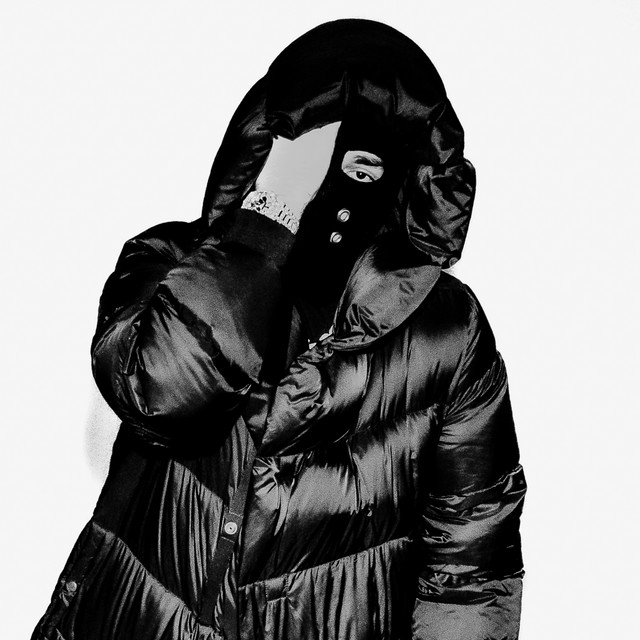so i was trolling and arguing with some bigots online (hey i had some time to kill lmao) and i said something about gender and sex being two seperate things so one of them brought up john money who i had never heard of before. so i looked up john money and looked into what leftists and transgender people had to say about him. obviously the guy was a pos but the general consensus was that he was trying to prove gender was learned with the reimer case but was proven wrong and that gender is innate. which makes sense, reimer never knew he was born a man and had dysphoria from that so transgender people aren’t “socialized” wrong, that’s how they’re born. but what i’m confused about is isn’t gender a social construct and aren’t the social roles, etc, all learned so how would it be innate? like boys aren’t born liking the color blue, and so on and so forth. so is someone just born with a predisposition to be more likely to identify as a certain gender? is it a combination of nature and nurture? something else?
idk i feel like i get it but i’m simultaneously brain farting


There's gender identity (innate, cannot be changed, can only be repressed with frequently catastrophic consequences) and there's gender presentation (learned, subject to cultural norms, can be changed just by buying a skirt). The two are not the same, although they, and biological sex, interact in all kinds of ways with each other that you usually have to be trans to become fully aware of, because for cis people they mostly align with each other and it becomes really hard to tell where one ends and the other begins. But if you're trans, you inevitably and constantly wind up in situations where gender presentation and biological sex characteristics are completely at odds with how you understand yourself, the way you want to be perceived and the body you want to inhabit.
Gender identity is how you understand yourself and the dialectic between your identity and the rest of your life. When i, as a woman, love another woman, i realize that to be a lesbian feeling, not a straight feeling. When i do stereotypically feminine things, i often find that they either affirm my gender identity or that i reject them because i find them to be mysogynist stereotyping. When i do stereotypically masculine things i either feel put off by the dudeness of them or i claim them as something i do in spite of being a woman, in an act of emancipatory appropriation. It's a societal expectation that girls like to wear nail polish and that boys like to play with guns, but how i relate to the fact that i like both nail polish and guns revolves around my innate sense of self, the psychological depth structure my personality rests upon. Because putting on a nice coat of nail polish helps me to feel girly and pretty and i like how people compliment me for it. All of that gives me a nice, healthy glow of being a girly girl inside. And when i handle a weapon, i like to cast off the notion that women should be weak and docile and rely on a man as their protector. In both cases, it doesn't only matter how the behavior is coded socially, it matters that i relate to that coding from a woman's perspective, and it's irrelevant if that relation is affirmative ("i'm fine with this gender stereotype, it's harmless and fun") or rejecting ("i want to break with this gender stereotype to empower myself").
If i was a man with the exact same preferences of liking nail polish and guns, then things would be completely reversed - the nail polish would be something i do in spite of my gender and shooting would be something i do because of my gender. And there could ofc also be men who don't like nail polish and guns, and so on. But they'd all have their own dialectic between their preferences for gender presentation and their gender identity. How they'd be able to relate to such social constructs would be up to them, but it would always be grounded in whether they understand themselves as men or not.
what a great comment, thank you! in my head i was lumping gender identity and gender presentation together, i never really considered that these were two seperate things until now. if i’m understanding it right i guess a very simplified example of that would be how someone reacts to learned gender representation (like nail polish) is determined by their innate gender identity (reject or affirm)?
Yeah, i doubt i'd have the same reaction if nail polish was a dude thing in my culture. But as i've grown up with the notion that it's feminine, it can trigger gender euphoria in me, just as it was deeply dysphoric for me when i had to remove nail polish before the start of the workweek while i was still in the closet.
It was tricky figuring this out, it's hard to find yourself when your identity is that of a queer woman that often does not fit into societal notions of what women should be like. But reading Leslie Feinberg's Trans Liberation: Beyond Pink and Blue while my egg cracked helped a lot with this, as did having other queer women as role models to break up my stereotypes about what a lesbian can present like.